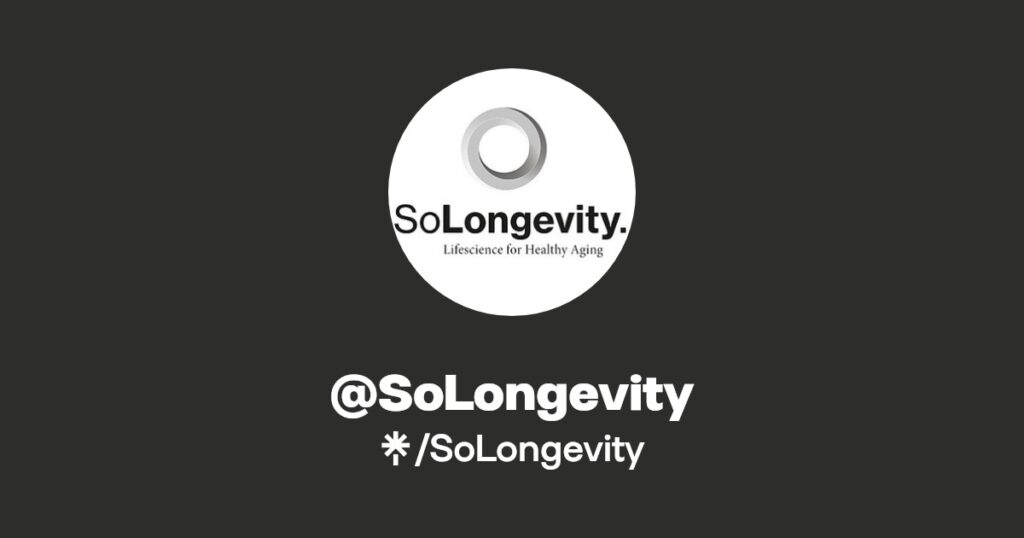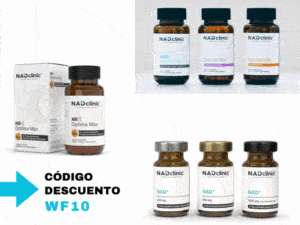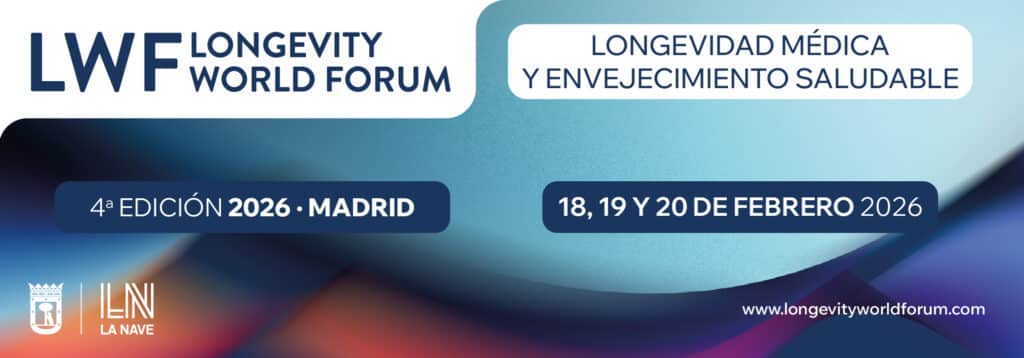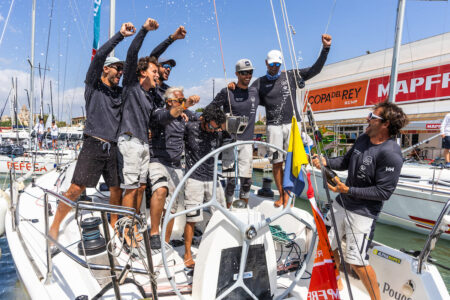In recent years, medicine has begun to look at ageing not only as an inevitable process, but as an active field of intervention.
We met in Milan Professor Alberto BerettaHe is a physician, immunologist, researcher and one of the pioneers in Europe in transferring the scientific knowledge of the biology of ageing to the real clinical field. After decades of experience in basic research, with publications in immunology, inflammation and cell biology, he decided to turn his experience into a practical, rigorous and preventive care model by co-founding Solongevity.
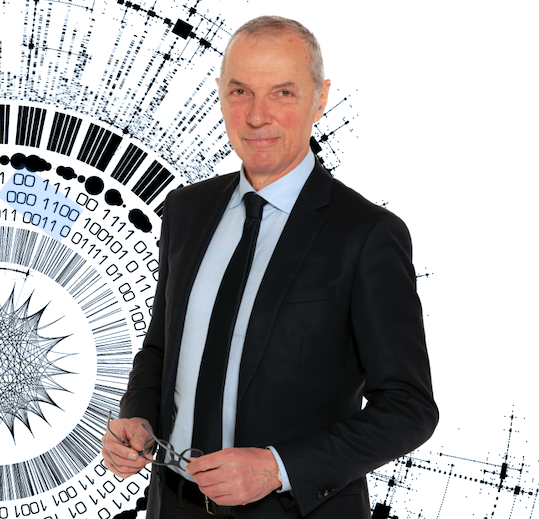
In addition, is a member of the scientific committee of the Milan Longevity Summit.one of the most important European meetings on the science of ageing and precision medicine. There, he shares space with international benchmarks in biomedical research, thus validating his comprehensive approach to functional medicine applied to longevity.
"Longevity cannot be built on supplements or genetics alone, but on science, clinical data and an ongoing doctor-patient relationship," he says. His vision, reflected in Solongevity, represents the new health paradigm: one in which living longer also means living better, with autonomy, knowledge and active prevention.
In this interview, Professor Alberto Berettatells how the Italian clinic has become a European benchmark in clinical preventive health programmes by applying state-of-the-art scientific criteria.
"Today there is a lot of confusion around longevity medicine because it mixes genetic, epigenetic and molecular concepts that do not yet have extensive clinical validation. At Solongevity we work from a solid base, which is the patient's physiology. From there, we are moving towards personalised medicine based on real data," says Beretta.
The professor points out that many traditional genetic tests are now obsolete, as analysing single mutations has little predictive value. "Today we work with polygenic risk scores (PRS), which consider multiple genetic variables. But even then, genetics is of limited value. The key is to know how to interpret the data correctly and combine it with objective physiological tests," he says.
Basic diagnosis: essential
At Solongevity no patient enters a longevity programme without first undergoing a thorough clinical check-up. This includes cardiopulmonary testing with stress gas analysis, DEXA to assess visceral fat and lean mass, spirometrymeasurements of cardiac variability and analysis of more than 70 biochemical and molecular parametersincluding genetics and epigenetics.
"Many of these tests are not performed in general practice or in conventional private hospitals. For us, they are essential to profile the patient and really understand what they need, before recommending any supplementation, therapy or training."
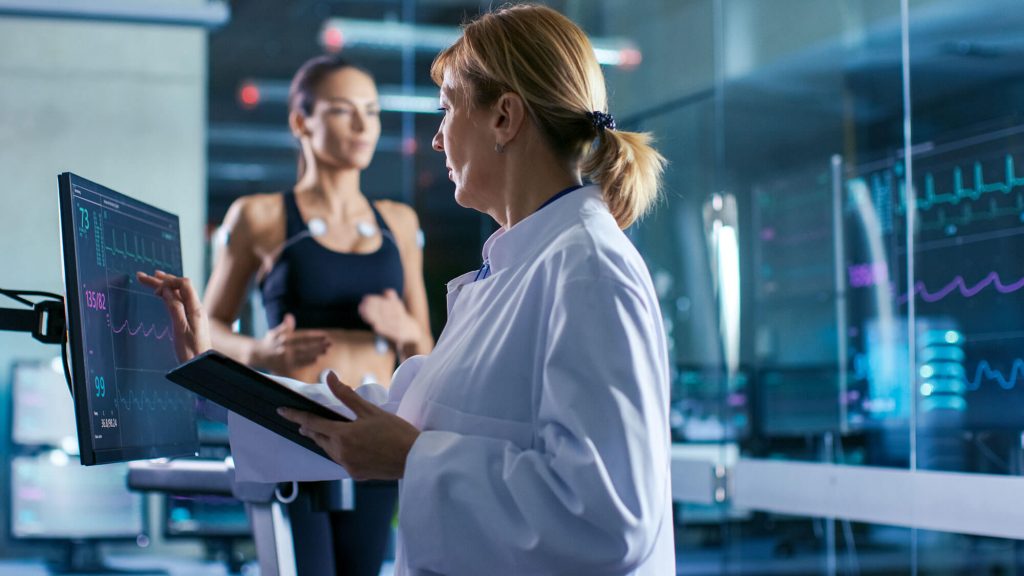
Validated biohacking and customised programmes
Although the term "biohacking" has become popular, Beretta cautions that not everything works for everyone and that only some technologies are really validated. Among those applied by Solongevity, the most important is the hypoxic-hypoxic-hypoxic breathing training therapy (IHHT)The new "wellness" programme, widely used in Germany in cardiac and neurological rehabilitation, has been integrated into the world of wellness in Italy.
They also use red light (infrared) therapies to reduce inflammation and improve circadian rhythm, and they develop personalised sleep programmeswhich combine nutrition, psychotherapy and sleep pattern analysis technology.
"Our approach is extremely personalised. No two people have the same protocol. We work with clinical precision and safety. We reject invasive therapies such as allogeneic stem cells or gene editing, which do not yet have sufficient scientific and ethical backing".
Technology platform and artificial intelligence
Solongevity has developed its own digital platform with AI to manage the vast amount of clinical, genetic and lifestyle data on each patient. "Longevity medicine requires a new way of practising. A doctor cannot process all this information without digital support. Our platform enables the integration of laboratory data, metabolomics, exposome, nutrition and more, facilitating truly personalised clinical decisions," explains Beretta.
The Solongevity project also provides for the creation of an academy for doctors interested in integrating this model of preventive medicine into their practices. "We don't want to open franchises. We want to partner with existing clinics, train their teams and provide them with access to technology, protocols and our system," he says.
A model that is accessible, scalable... and open to health tourism.
Solongevity has designed its programmes with the aim of making them accessible and scalable, without losing their clinical essence. An epigenetic biological age test can be purchased for 700-800 euroswhile a complete medical check-up with functional analyses starts at 500 euros. The personalised longevity programmes which include diagnosis, therapies, training and follow-up - range from 2,500 and 2,800 eurosdepending on the level of intervention required.
But the project goes beyond local attention. As Professor Beretta explains, Solongevity is opening the door to combining its medical programmes with health tourism packages.especially for international or European-based patients who are looking for a clinical wellness break.
"We receive many requests from people who want to come to Milan or other locations for a few days for a complete diagnosis and to start a preventive plan. This is why we are developing packages that integrate precision medicine, wellness and free time, in collaboration with local hotels and resorts. It is an effective way to bring this model closer to those who want to invest in their health from an emotional and cultural experience," he says.
The idea is clear: it's not just about offering treatments, but about creating transformative experienceswhere the person not only evaluates and takes care of him/herself, but also return home with new tools, knowledge and motivation to adopt a more conscious and healthy lifestyle..
